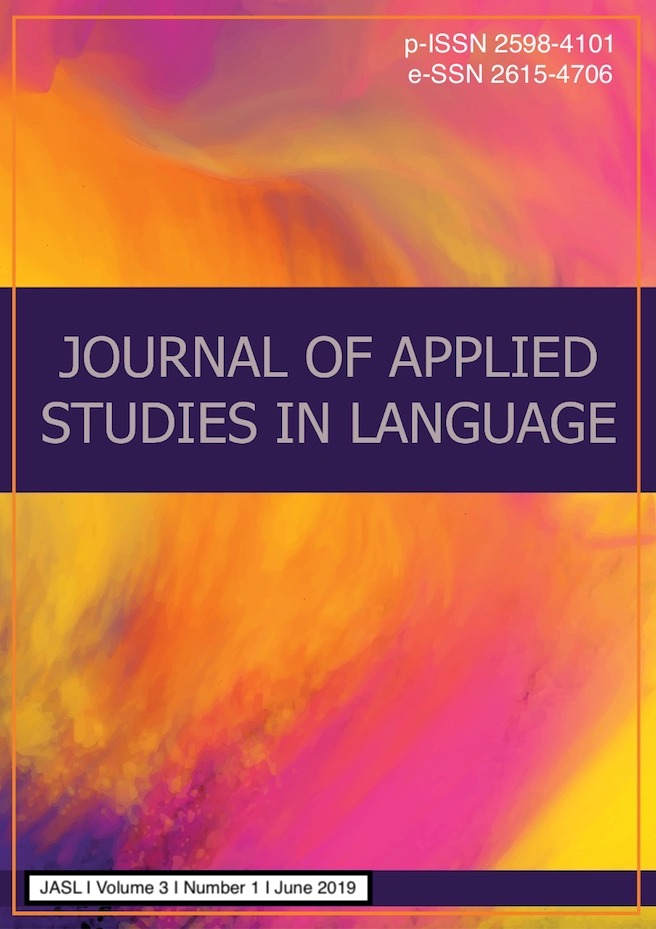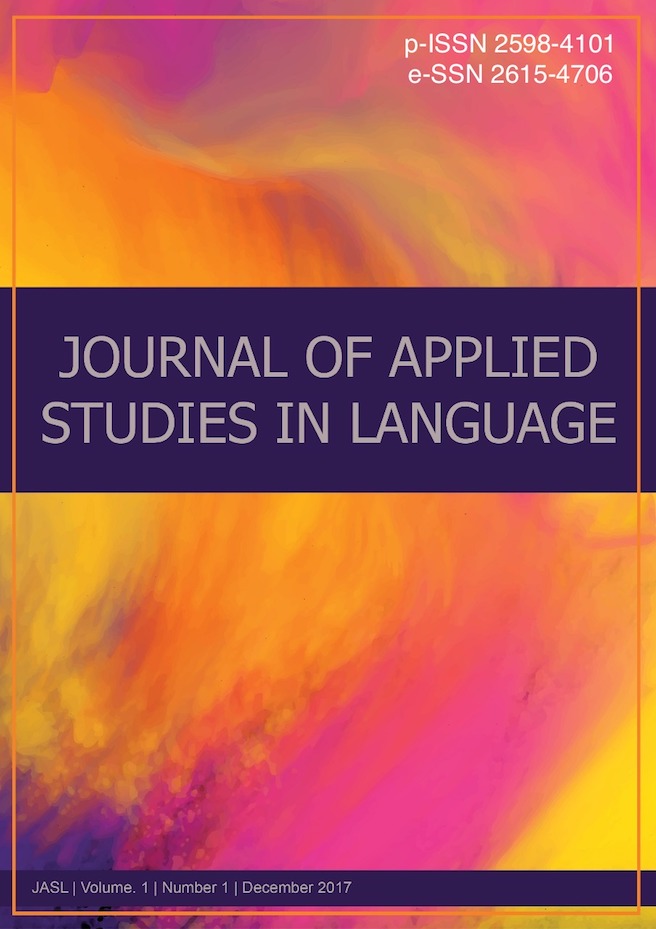Analysis of English skill obstacles in the electrical engineering students of Politeknik Negeri Manado
Abstract
Speaking English allows a crucial problem for local students in electrical engineering. The observation shows their specific skills are unusually limited. Though they want to get increase the outcome process. Development of technology communication naturally supposed to typically force them up develop specific skills of English effectively. But it isn't for the students electrical because they constantly provide unique obstacles, It is evident with breathless anxiety into the different level variant. The specific purpose of this study is analyzing English Skills obstacles in Electrical Engineering selected for 25 Students. Using qualitative data analysis methods supported by necessary instruments with questionnaires on Foreign Language Anxiety Scale (FLAS) score with a Likert scale. This study uses a communicative approach and role-plays techniques to correctly analyze English Skills obstacles. We correctly give a text practice conversation with 3,7 and 10 dialogues. Matched of Classroom Action Research. That is consists of planning, acting, observing and reflecting with two-cycles repeatedly. The practical results showed that there were 4 factors English Skills Obstacles in the Electrical Engineering Students. There were 65% lack of confidence, 64% panic, 63.2% slow and 53% difficult to memorize.











